
SAMS opens the first-ever Seaweed Academy and an algae-focused lab in Scotland
The Scottish Association for Marine Science says the Seaweed Academy will advise start-ups, train workers and aid business development.
Analysis of trace chemical elements can reveal where farmed seafood comes from. Standardization of traceability tools and techniques is improving the process.

The Scottish Association for Marine Science says the Seaweed Academy will advise start-ups, train workers and aid business development.
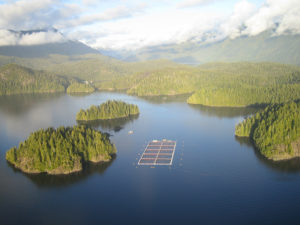
The Federal Court has rejected the Canadian federal government's plan to phase out BC salmon farms in the Discovery Islands.
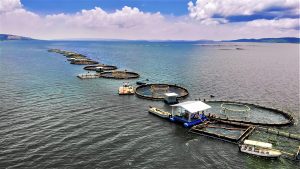
Prof. Boyd and co-authors discuss and contrast the production of protein by fisheries and aquaculture, and various terrestrial-based animal protein sources.
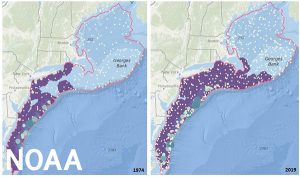
NOAA Fisheries has launched a new mapping tool for marine species, which will help prepare fisheries management for climate change.
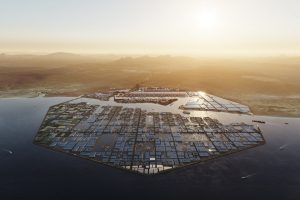
As befits a futuristic eco-city, there are very bold, very green plans for Neom, Saudi Arabia’s mega-territory being built alongside the Red Sea.
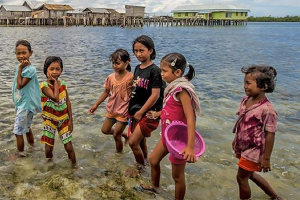
U.S. development agency announces 24 new initiatives, including small-scale fisheries and aquaculture projects, during the Our Ocean Conference.
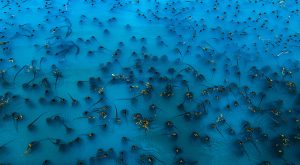
U.S. scientists released KelpWatch.org – a digital map of kelp forest canopy that will be instrumental in ecosystem restoration.
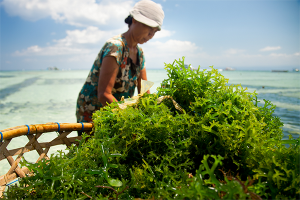
In Fed By Blue, star power and a women-led production team aim to prop up farmed seafood with a focus on the message: Blue foods are the future.
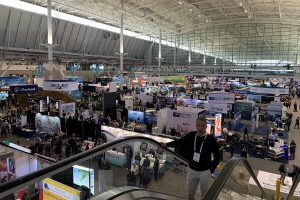
Excluded from exhibiting at leading trade shows, where exactly do plant-based and cell-based seafood alternatives belong, and under what rules?
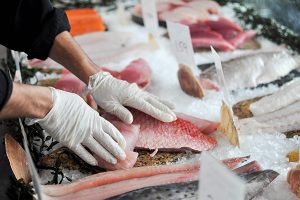
Grocery chains, seafood industry stakeholders and experts are calling for improved traceability standards for seafood sold in Canada.
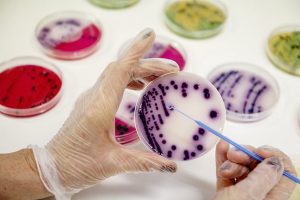
A new study from Nofima shows that adapting the UV light dosage to the pathogen is effective and could reduce energy costs for aquaculture facilities.
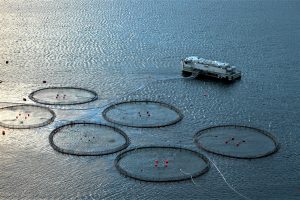
Baseline spatial distribution knowledge will help to understand the distribution of mariculture production and adequately plan for future growth.
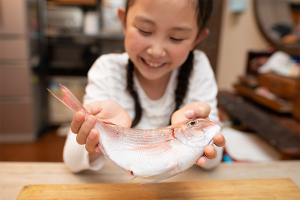
Fed By Blue, a new science-based communications initiative promoting blue foods, was launched at the SXSW conference in Texas.
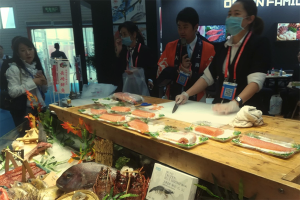
Study on seafood marketing messaging could help improve communication with consumers and drive the seafood industry.
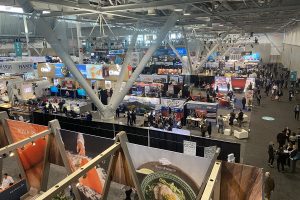
At the first Seafood Expo North America since 2019, excitement, relief and the familiar smells of sauteed seafood samples were in the air once again.